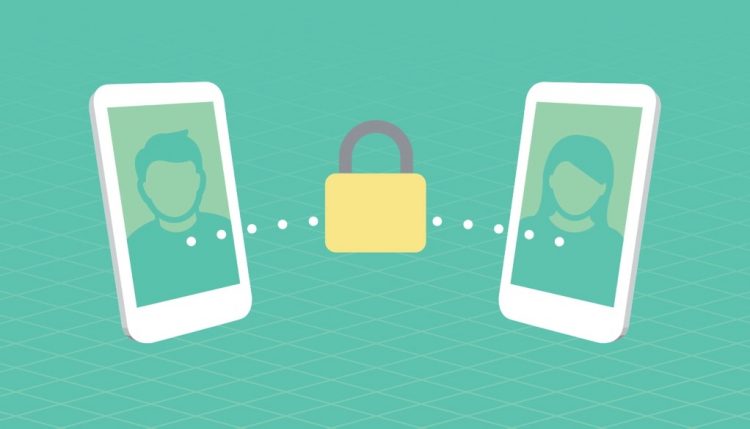
Digital technologies have changed how people used to do things. One can use many easy-to-access gadgets to browse on the internet, such as tablets and smartphones. Most of today’s activities – businesses, social media platforms, education – are interconnected to the digital world.
When registering on most of the websites or platforms, you are required to input your personal details. Unfortunately, when you connect your computer or smartphone to the internet, your information becomes vulnerable to identity theft and cyberattacks. Computer hackers can access your private information directly with an unprotected firewall.
That said, you’re now wiser about computer security threats. It will help if you arm yourself to protect your data. Avoid sharing in untrustworthy websites and be serious with different risks.
Here are five digital privacy habits to consider:
1. Avoid Compromised Websites
When you use your information to register on different websites, the problem is that many sites might steal or expose your information. Therefore, breaching your data quickly.
Many hackers use such websites to steal people’s information online without their consent. It would be best if you always were vigilant for unusual activities from the sites or accounts you use.
If the breach is minor, you have a chance to change your password and choose a strong password. Don’t make the changes for granted; you have to be ahead of the schemes. It will protect your information and data.
2. Use a VPN
When you connect your devices to public WiFi in restaurants, cafes, airports, and coffee shops, the network is unencrypted. That means the hackers can infiltrate and steal your data. Hackers might even be watching your traffic on the system.
It might lead to loss of banking data, passwords, credit numbers, among other private information. They access this information when you transmit your information every time you go online.
Guard your data with a VPN as it encrypts your internet traffic. The encrypted data will be sent via a server in another location, therefore, acting as your own private tunnel. So, the Internet Service Provider can never track your online activities.
3. Consider End-to-end Encryption
If you own a business, sending messages and emails is the norm of the day. Cyber attacks can monitor your activities to get your information.
Data breaches will put your information at risk. Somebody might want to use your data against your will.
You can secure your information sent via message app or emails to use End to End encryption. The messages are only accessed by those you want to read like banks, friends, doctors, among others. You can also encourage your family and friends to use apps having E2E because the moment you’re sending unencrypted messages, there is no difference in sending a postcard. Anyone who comes across it will read, and you won’t know.
4. Consider an SSL Browser Extension
When you visit your mobile and web browsers to search for information, it’s hard to find suspicious activities. Some websites are not secure, so cyber attackers might easily access your private information.
That said, some firms, including government NSA, will use many private tools to breach users’ confidential information. It means you are likely to lose your data and information to cybercriminals online.
SSL is used to encrypt the information you receive and send. It is common in online shopping and banking. Using SSL browser extensions allows you to access these secure websites.
5. Use 2-Factor Authentication
There is a reason why online bank accounts and online websites have two-step authentication or verification. When a hacker steals your private information, he can access your accounts.
If the hacker gets a chance to access your accounts, you will lose a lot. It might be money or more information.
Using a two-factor authentication feature will generate a password or pin code. You will receive the code in your mobile number, and if you’re login using your phone, it approves your new source. Therefore, this method gives you additional reassurance; you are the only individual having access to your account.
Bottom Line
You now know somebody can hack your personal information and then use it without your consent. So, to protect your data and information, stay vigilant for the usual activities you might experience in the sites you use.
Don’t assume or take for granted any suspicious activities. You might be losing your vital information. The methods mentioned above are practical and straightforward. Follow them properly, and your information and data will be safe.
Nevertheless, no protection method you can use is 100% foolproof, but the above techniques will help your information stay safe. Understand how to use these latest security techniques and protect what’s yours.



